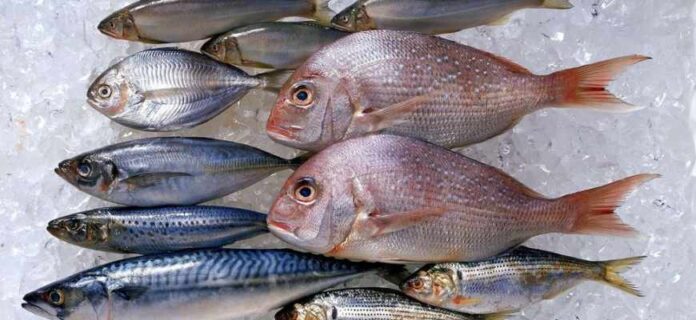Fish are aquatic animals; they are found in abundance in most water bodies; they can be found nearly in all marine environments, from high mountain streams to the deepest oceans.
People prefer eating fish for its nutrient content. There are dozens of reasons why fish is added to the diet. It is the healthiest source of protein, calories and fat, but the most beneficial nutrients that you get from fish is Omega 3 fatty acids and other essential nutrients. Omega 3 helps reduce the risk of heart disease, lowers blood pressure, maintains triglycerides and reduces inflammation. Fish also work wonders for your brain.
Due to its nutritional content, it is advised to eat more fish at least two times per week as a part of a healthy eating, but do you know what type of fish you must eat as there are many fish in the sea.
Fish Nutrition Facts
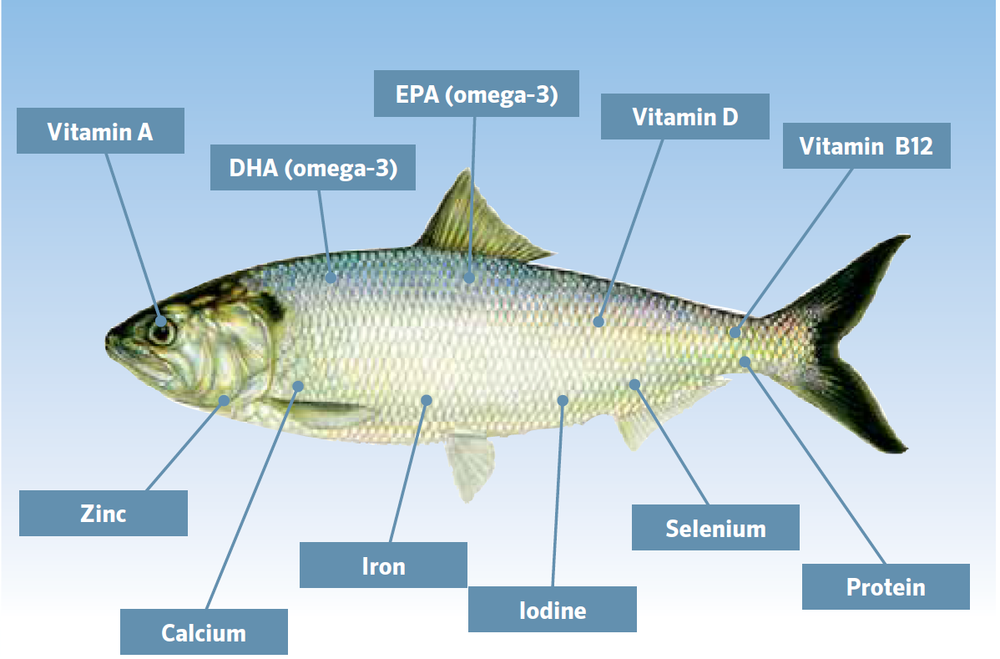
Fish are nutritionally valuable humans include it in the diet due to the content of long-chain, polyunsaturated and omega 3 fatty acids, which also helps in improving metabolic function; one-half wild Atlantic Salmon filet of 154 g serves
|
Fish Nutrition Facts |
|
|
Calories |
280 |
|
Fat |
12.5 g |
|
Sodium |
86 mg |
| Carbohydrate |
0 g |
| Fiber |
0 g |
| Sugar |
0 g |
| Protein |
39.2 g |
Fish Calories And Nutrition Are Listed Below For A 100g Serving.
Halibut: 116 calories, 3 grams fat, 0 grams carbohydrate, and 20 grams protein.
Tuna: you get 109 calories, fat, 0 grams carbohydrate and 24 grams protein.
Cod: eating this fish gives you 82 calories, 0.7 grams fat, 0 grams carbohydrate and 18 grams protein.
Mahi Mahi: 85 calories, 0.7 grams fat, 0 grams carbohydrate, 18.5 grams protein.
Ocean Perch: will give you 79 calories, 1.4 grams fat, 0 grams carbohydrate and 15 grams protein consumption.
Salmon: 3 Oz gives 175 calories, 10 grams fat, 1.7 grams of Omega 3 fatty acids.
Anchovies: give 111 calories, 4 grams fat, 1.7 grams of Omega 3 fatty acids.
Pacific And Jack Mackerel: 3 ounces provide 134 calories, 7 grams fat and 1.6 g of omega fatty acids.
You can choose fish for your friendly weight loss, though they are a bit high in calories; eating in moderation benefits you in the long run.
Health Benefits Of Eating Fish
- Consuming seafood reduces the risk of Alzheimer’s disease. Fish is considered an essential food for the brain. People who consume it regularly reduce brain shrinkage and deterioration that leads to brain function complications.
- Fish are a great source of vitamin C. They are considered the best dietary sources of this essential element. Vitamin D helps absorb calcium for bone health and growth. One must consume fish twice a week to obtain this vital nutrient.
- Omega 3 fatty acids present in the fish help lower the risk of heart disease. It prevents coronary heart disease when consumed regularly. These fatty acids reduce coronary plaque, lower triglyceride levels and help in lowering blood pressure levels.
- It improves your eyesight as you get older the risk of losing eyesight increases, but getting nutrients from the seafood helps reduce the risk of developing a disease vitamin A that is important for eye health, must be included in your diet; if you like this vitamin, you could develop night blindness and other issues.
- Eating fish is a magic box of several health benefits you can ease joint pain with regular fish consumption if you suffer from stiff joints in the morning. You need more seafood in your diet, Omega 3 fatty acids in seafood to have anti-inflammatory effects that benefit people who experience joint pain; eating seafood reduces joint stiffness and symptoms of arthritis.
- Several health hazards have been faced every day and the most common disease caused by chronic inflammation of the airways, over the past few decades, with regular fish eating, the risk of asthma has reduced in children.
Different Types Of Fish To Eat
Pompano Fish:
They are native to regions of Atlantic North into Massachusetts and Brazil. They are found in abundance in the waters of Florida and the Gulf of Mexico. The flesh of pompano is flaky, firm, and flavorful; it has a snow-white color commonly considered best-tasting fish from fresh or saltwater. Eating pompano fish enhances metabolism, lowers bad cholesterol, makes bones stronger, improves brain health, and is a perfect source of amino acid, essential for the growth and development of the body.
Flounder:
Amazing taste is found in deep oceans and seas; flounders are low in fat, but a great source of protein; eating it keeps your body functioning properly.
Tilapia:
It’s a great source of lean protein, vitamins and minerals. Choosing it for your meals is a healthy option.
Walleye Fish:
They are native to Canada, The Great Lakes, the Missouri river basin, and the upper Mississippi River Basin; they live in large deep water bodies with high turbidity; they are found in lakes, reservoirs, backwaters, and medium to large rivers. Eating walleye fish provide great amounts of protein and omega 3 fatty acids, keeping your heart healthy and helping in proper brain development.
Different Types of Healthiest Fish to Eat
Fish and shellfish are a simple and nutritious way to add important vitamins and minerals to your diet and are an excellent high-protein alternative to red meat and poultry. The National Health Service recommends eating at least two servings of fish a week, including one serving of oily fish. Fatty fish such as mackerel, anchovies, salmon, sardines, and herring contain important essential omega-3 fatty acids, which are important for heart and brain health and mood regulation. Despite increasing concerns about the sustainability of fish, there are still daily alternatives to buying wild fish that can provide health benefits.
Salmon:
It is the most nutritious and healthiest fish to eat, it is a great source of protein; consuming salmon reduces blood pressure, inflammation and protects from other diseases.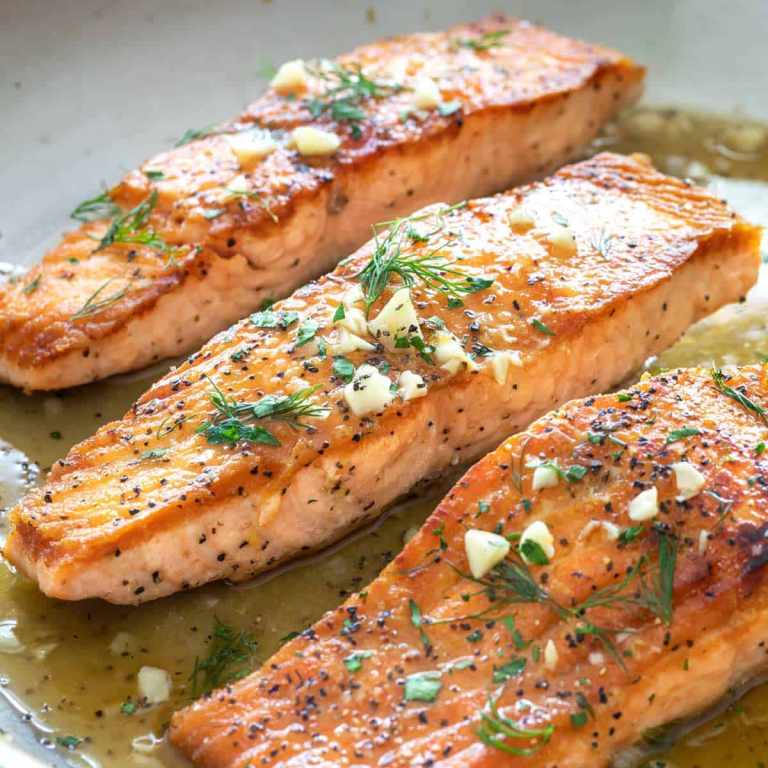
Mackerel:
It is found in the temperate and tropical seas. It has a sweet taste. The best way to eat this fish is to grill or bake with white wine. Another most healthiest edible fish. It is rich in protein, selenium and healthy fats, which is important for a healthy immune system and thyroid function.
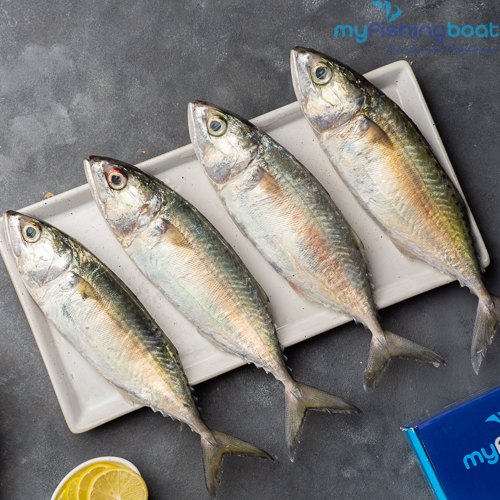
Cod:
It can be included in your diet through the Omega 3 content is very low in cod. It’s highly nutritious, tasty, flavorful and serves essential minerals, vitamins and lean protein.
Trout:
It’s a good choice for healthiest fish to eat as it is excellent in Omega 3 fatty acids and low mercury content. It’s a good source of vitamin B12, like cod, but it is also an excellent source of food-based vitamin D.
Sardines:
It is the best oily fish to eat as it contains many vitamins, it is rich in vitamin D and helps in controlling blood sugar levels, it is effectively incorporated in weight loss diet and helps in feeling full for longer 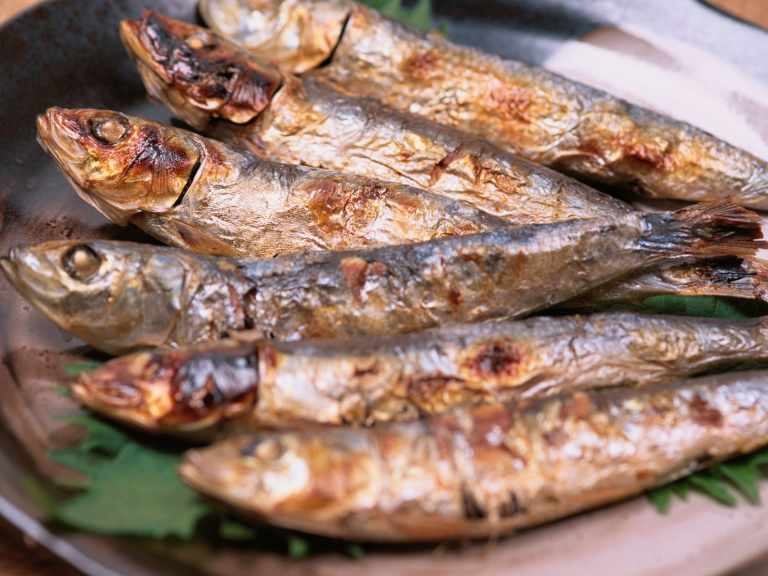
Crab:
They are found in all waters; this great seafood is a great source of plentiful meat; it is rich in nutrients like vitamin B 12, folate, iron, niacin, selenium, and zinc. It is loaded with protein and Omega 3 fatty acids. Including crab in your diet prevents anemia, improves heart health, and keeps your brain strong.
Haddock:
They are found in abundance on both sides of the North Atlantic. In the western North Atlantic, they’re found from Newfoundland to Cape May, New Jersey, and are most abundant on Georges Bank and in the Gulf of Maine. It is a tasty seafood, low in fats and zero carbohydrates. They are rich in minerals that support the body’s proper functioning and build bone strength and regulate heart rate.
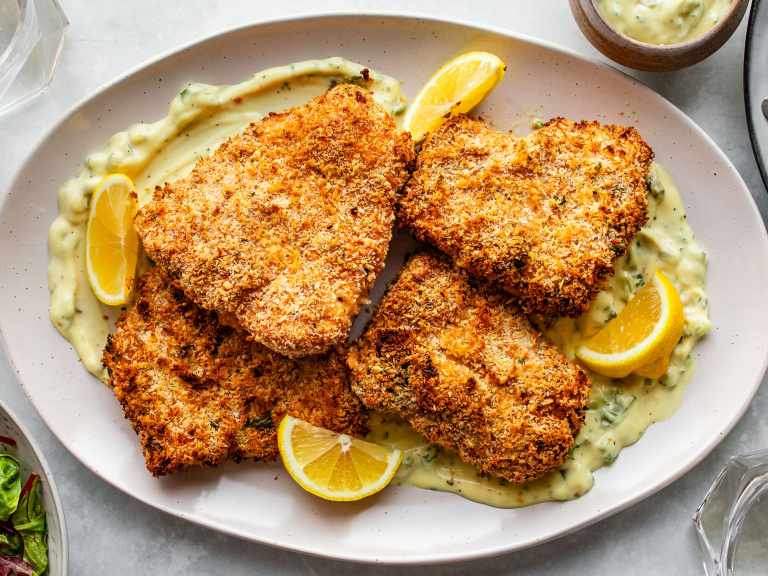
Tuna:
It is the most popular variety of seafood. It has great levels of Omega 3 fatty acids that reduce the levels of Omega 6 fatty acids and LDL cholesterol, also improve eyesight, reduce risk of cancer and supports weight loss.
Mussel:
They are found in the river beds, sand, gravel, and bottoms of streams and rivers. They need water for survival. Good water quality is important for them; the degradation of water by humans has affected their population. They are rich in vitamins and minerals that protect them from several diseases.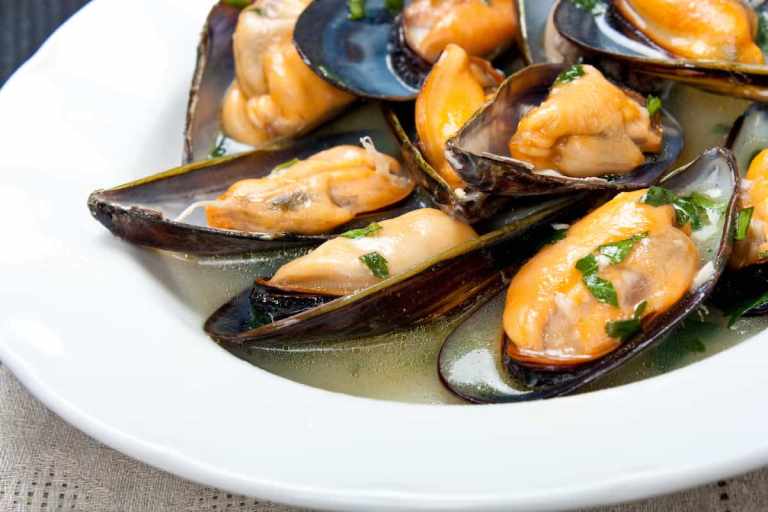
Prawns:
They are found in the Indo-West Pacific from eastern and southeastern Africa. They are extremely rich in vitamins and minerals. It is also a great source of iron that boosts the production of red blood cells.
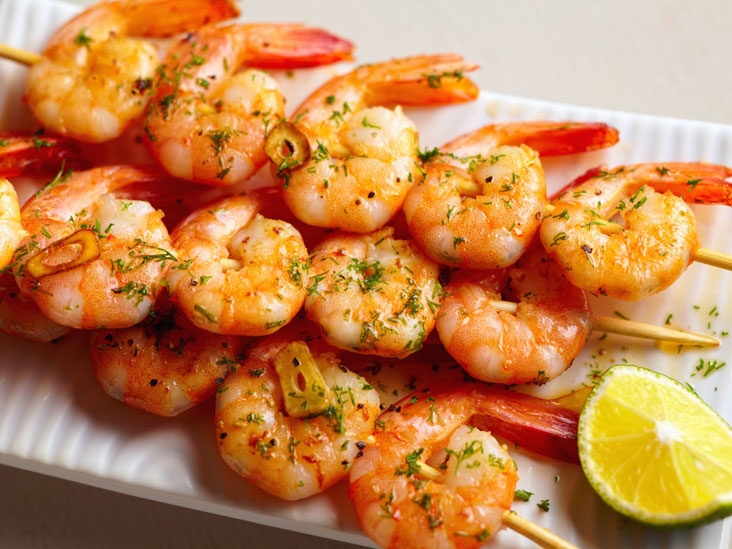
Different Types Of Edible Fish
Branzino:
Branzino is also called European sea bass; it’s a soft silver-skinned fish. Branzino can be found in the native Mediterranean Sea, the Eastern Atlantic Ocean from Norway to Senegal, and the Black Sea. It is mild and slightly sweet, so it is usually served as roasted fish with lemon in restaurants. You can easily cook this fish at home. Branzino is a good source of protein for pregnant women, and women planning to have a child and children under 6 must not consume it.
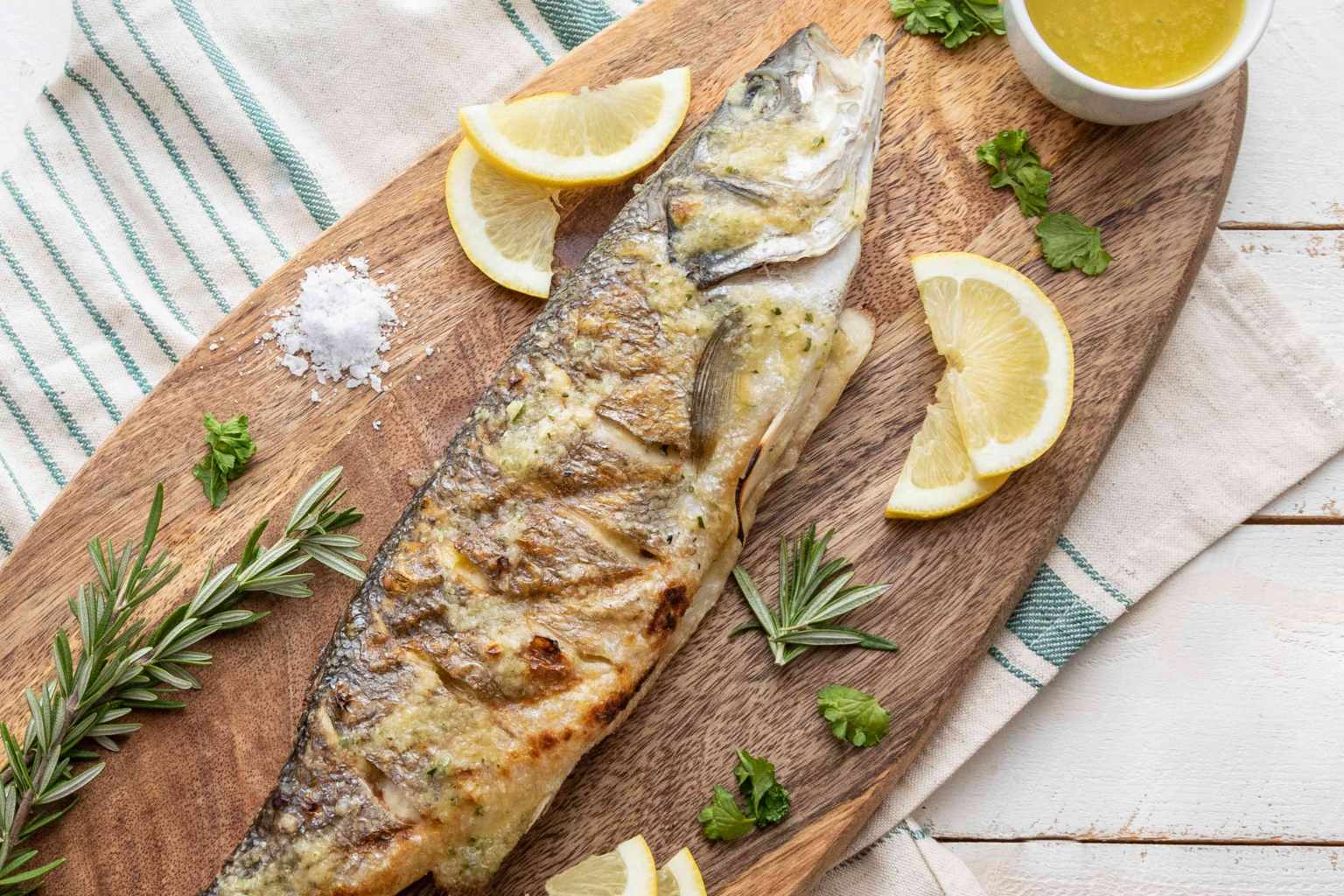
Hake:
It is found in the southwest Atlantic, South East Pacific, SouthEast Atlantic, Southwest Pacific, the Mediterranean and the Black Sea; it is similar in taste to Atlantic cod. They are slightly sweetmeat and taste mild, and have a soft texture. It is served best as grilled poached or baked with tomato sauce. It is an inexpensive fish and can be eaten as an alternative to cod.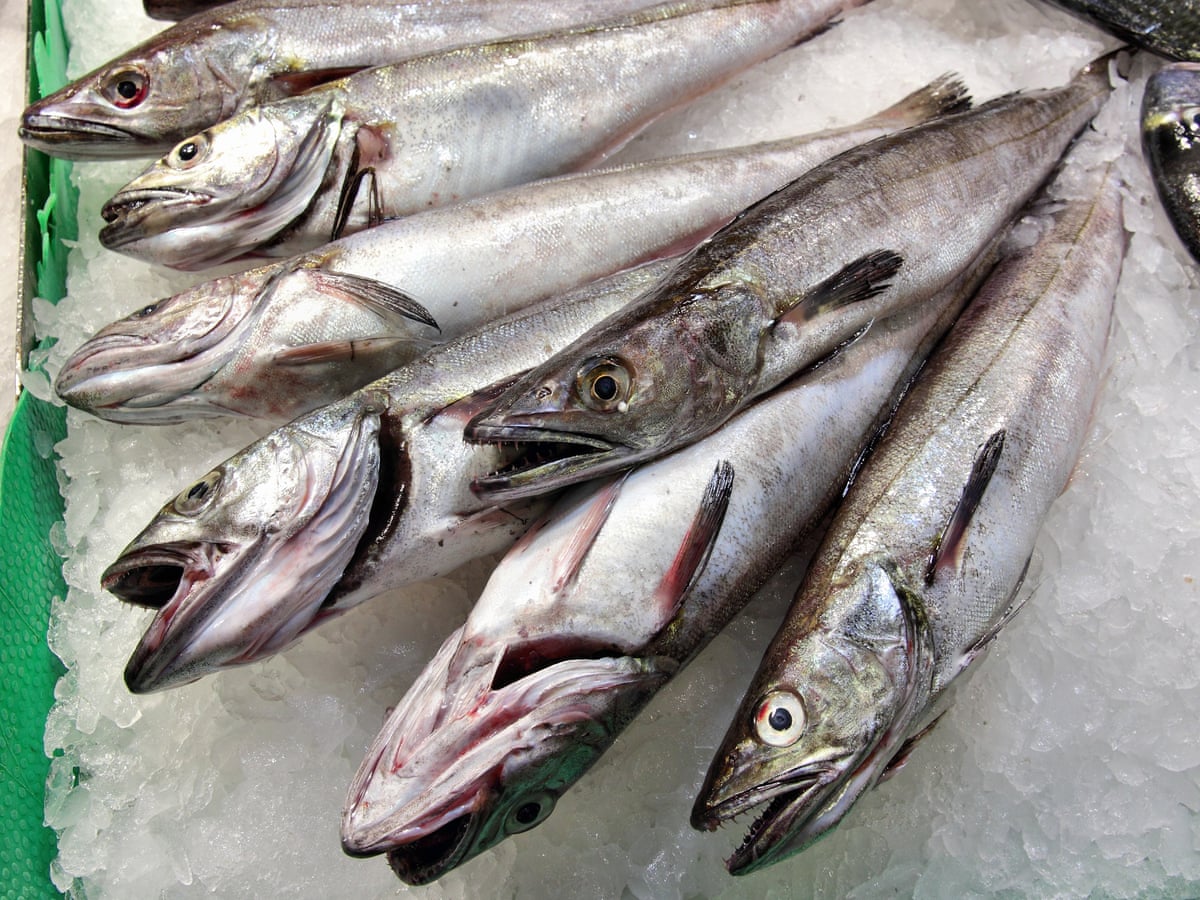
Sea Bream:
This edible fish is found in the Mediterranean Sea and the eastern coastal regions of the North Atlantic Ocean; it has a meaty texture and delicate taste, so it needs perfect seasoning and roast for ideal flavor. One must consume it in a very moderate quantity. 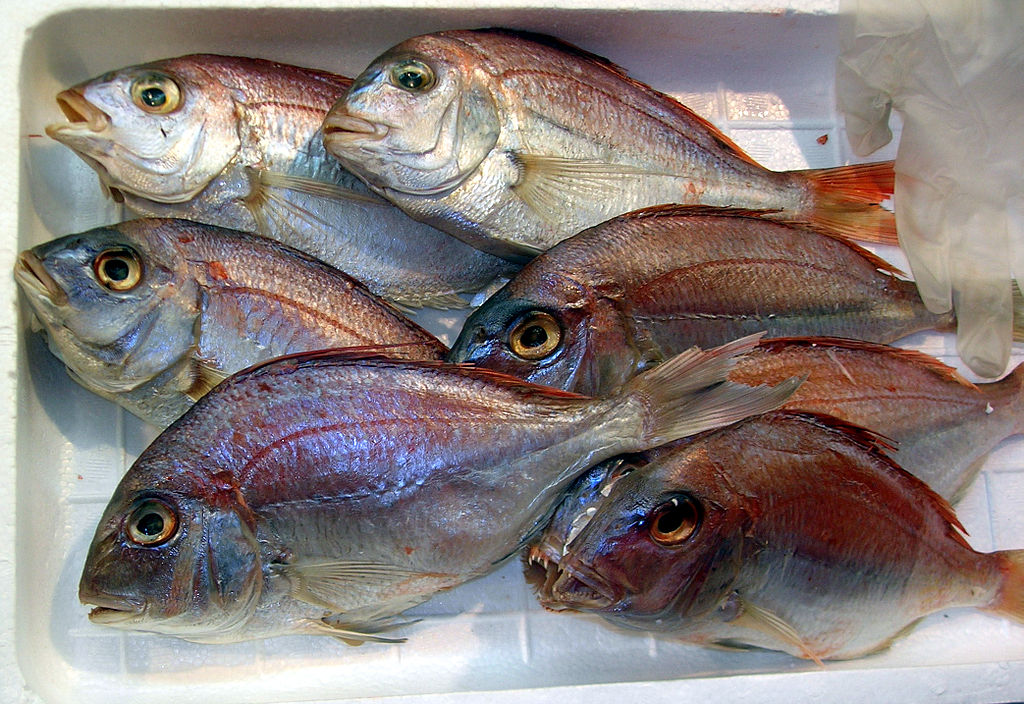
Brill:
This edible fish is found in shallow water in south Iceland, Western Europe, the Mediterranean, and the Black Sea. It is meaty and slightly sweet. The skin of this fish is rough and has a better texture. It is usually served with butter and herbs.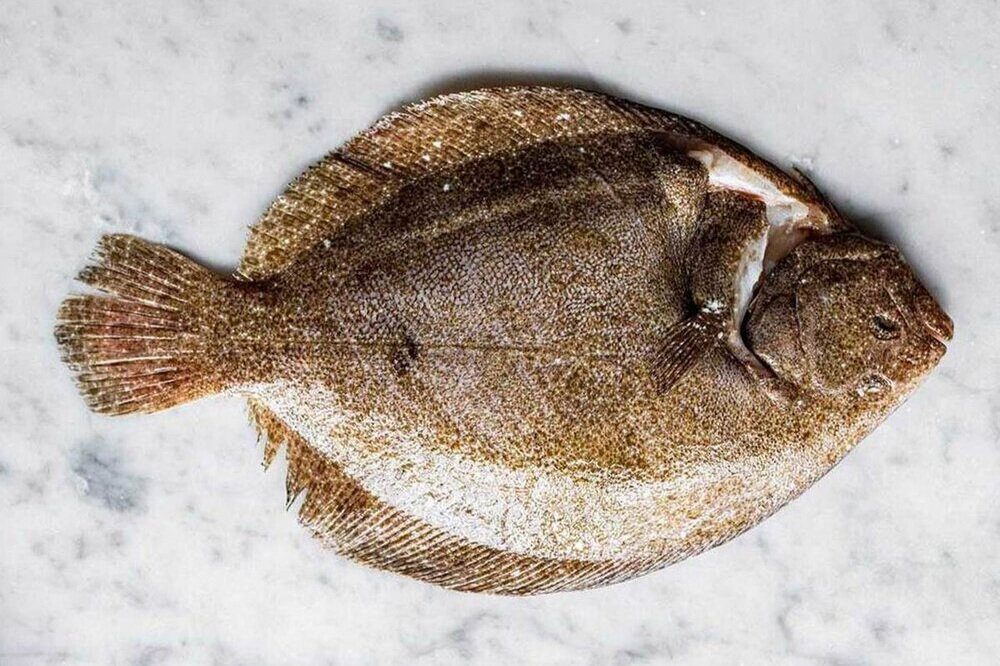
Yellowtail:
It is found in the Western Atlantic Ocean, including The Gulf of Mexico and the Caribbean Sea. It is sweet and mild in flavor with a buttery texture. Yellowtail has white flesh and tastes excellent.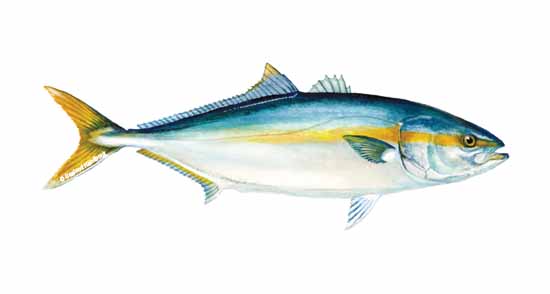
Pollock:
It is a marine fish found in the Atlantic Ocean; it has a mild, delicate taste with a coarse texture; it is similar to cod and best served with salad and beans. This fish contains around 140 calories per hundred grams. 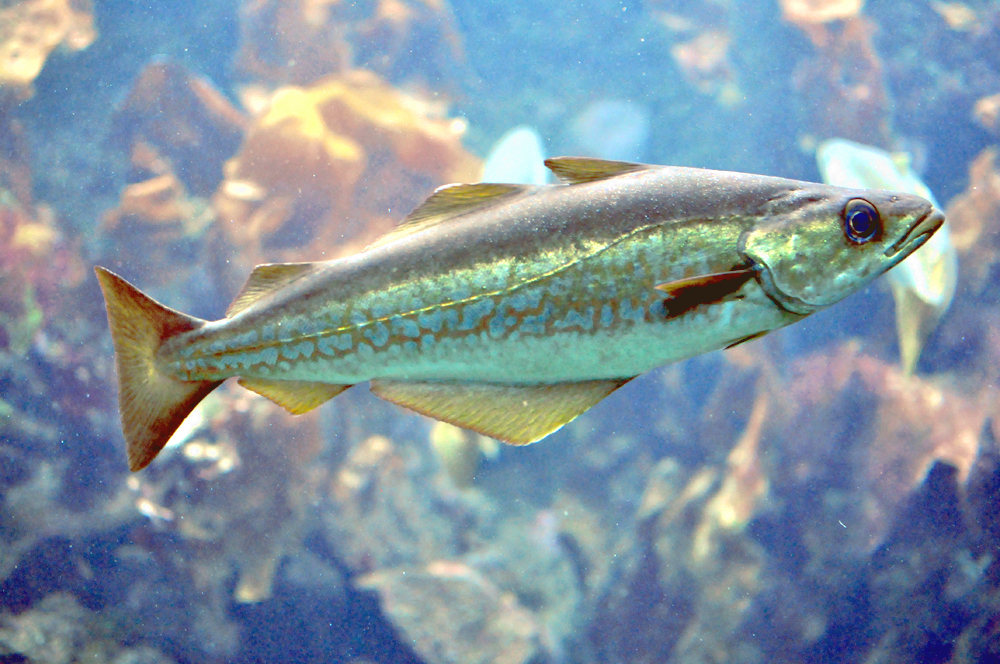
The Different Types Of Oily Fish To Eat Are Listed Below:
Mackerel:
It is an oily fish packed with healthy fats; consuming it helps control blood pressure levels and reduces heart disease. Omega 3 fatty acids, selenium, B vitamins and Vitamin D present in mackerel keeps you healthy. It is the best kind of fish that you can eat.
Mahi Mahi:
It is another kind of oily fish rich in Omega 3 fatty acids. It contains high protein that provides several health benefits and maintains the healthy functioning of cells.
Herring:
It is quite similar to sardines, and it is rich in Omega 3 fatty acids, vitamin D, selenium, but must consume in a very moderate quantity as it is also high in sodium.
Sablefish:
When you are about to include fish in your diet, you must follow the nutrient content of the oily fish and how they can boost your immune system. Sablefish is a medium-sized fish species; it is also known as Black gold and contains high Oil content. It contains many Omega 3 fatty acids, B vitamins, magnesium, phosphorus and potassium. It has a velvety texture, white flakiness and a sweet taste. It is one of the best oily fish to eat.
Pilchards:
They are tiny oily fish and most popularly eaten; it is mostly found in the Northern hemisphere. Still, some species are also found in Australia and other parts of the south and the hemisphere. It contains many fatty acids, which is a healthy choice of food eating pilchards and provides Vitamin D and protein.
Sprats:
Oily fish rich in high-quality protein and Omega 3 fatty acids. Eating its bones gives you a hit of calcium to support the health of your joints. It is known as one of the most nutritious seafood varieties. Consuming sprats provide a moderate amount of Vitamin D and vitamin B12.
What Are The Different Types Of Salmon Fish To Eat?
You must be wondering which salmon fish is best to eat well; the best ones are listed below: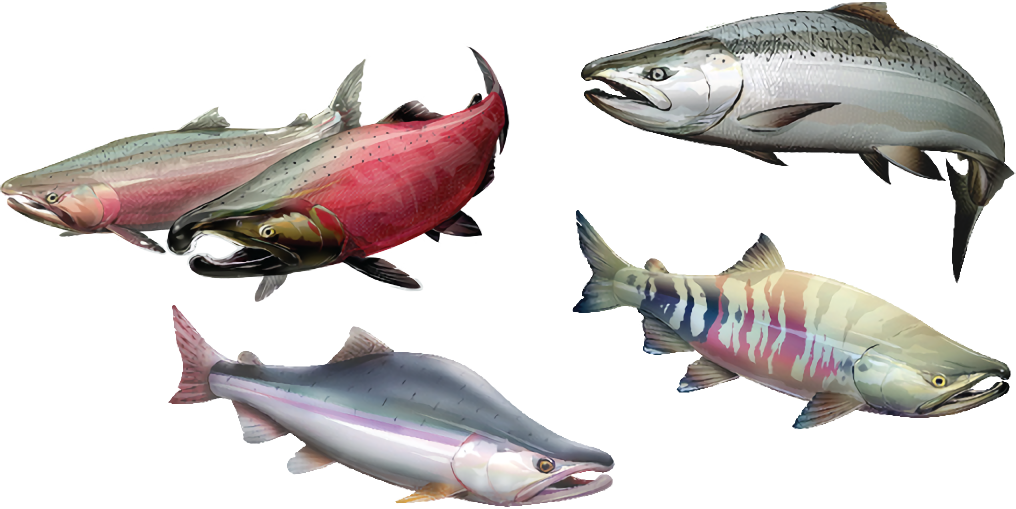
Chinook Salmon:
It is known as King Salmon, considered the best tasting of the Salmon bunch. They have a great amount of fat content and rich flesh ranging from white to deep red.
Silver Salmon:
They are bright red in the flesh and have a delicate texture, but the flavor is quite similar to Chinook salmon.
Humpback Salmon Or Humpies:
This Salmon is most commonly found in the Pacific. They have light colors with flavored flesh and low-fat content. They are called humpies due to the distinctive hump on their backs.
Red Salmon:
It is noted for its bright red-orange Splash and deep rich flavor; it has dark flesh that turns into a deep red color.
How Is Fish Good For Diabetes?
Fish is a superfood as it is composed of powerful nutrients such as proteins and fats, and that’s why fish is an appropriate food for diabetic people. The fish has the lowest glycemic index, so it does not increase blood sugar levels.
It is advisable to consume 280 grams of cooked fish weekly fish has a high content of Omega 3 fatty acids they are extremely rich in proteins, vitamins, vitamin B12, vitamin D, and minerals like iron, iodine, and phosphorus consuming fish every day improves the health of heart, brain and thyroid gland, it also helps in regulating blood pressure levels and blood sugar levels and its best to consume fish in moderation, excess eating of anything is harmful.
Fish is considered good for diabetes. It contains a good amount of protein that helps in balancing the required essential elements.
Is Salmon Good For People With Diabetes?
Salman is a great source of Omega 3 fatty acids, which is beneficial for people with diabetes. The patients need a good amount of fat in their diet, and fish reduce inflammation and heart disease, which is why Salmon is considered good for diabetes; protein content is important for fish. People with diabetes can consume Salmon fish as it does not impact blood sugar. 
What is whitefish?
Whitefish is low in fat, so they are considered healthy and the best fish to eat. They contain low fat. It’s the best alternative for those who like seafood and do not want to eat much fat. Some species of white fish can be a great source of Omega 3 fatty acids. Different examples of white fish are cod, plaice, Coley, dab, Flounder Gurnard and tilapia.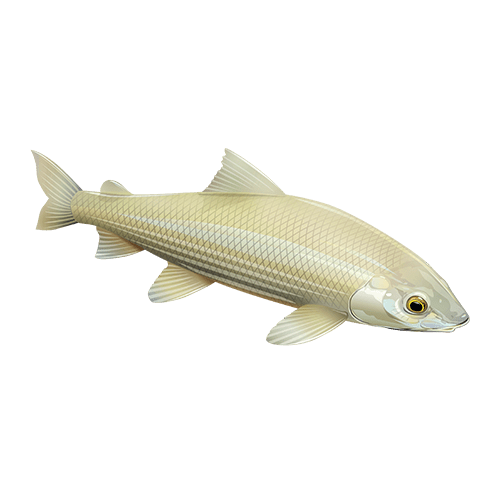
There are some different types of fish, such as shellfish. They are low in fat and a great source of selenium, zinc, iodine and copper. Shellfish include prawns, mussels, scallops, clams, lobster, crab, crayfish, oysters, squid and langoustine.
Can You Eat Fish Every day?
Fish is a great source of protein and other vital nutrients, including fish. It maintains a healthy balance in your body, eating fish improves metabolism, sleep quality, skin quality, concentration and reduces inflammation.
What Is The Appropriate Amount Of Fish One Must Eat?
For a healthy, balanced diet, one must include two portions of fish a week, including one of oily fish.
One must eat one portion of oily fish in a week as it contains low levels of pollutants that can build up in the body. Girls and women planning a pregnancy or may have a child one day or a breastfeeding woman should not eat more than two portions of oily fish; the pollutants present in the oiliest fish may build up in your body and affect the future development of the baby in the womb.
People who prefer eating white fish can safely eat many portions of white fish per week, but they must also make sure that white fish contain certain pollutants. Regular eaters must avoid eating it in excess as contaminants may build up in your body, affecting your health in the future.

